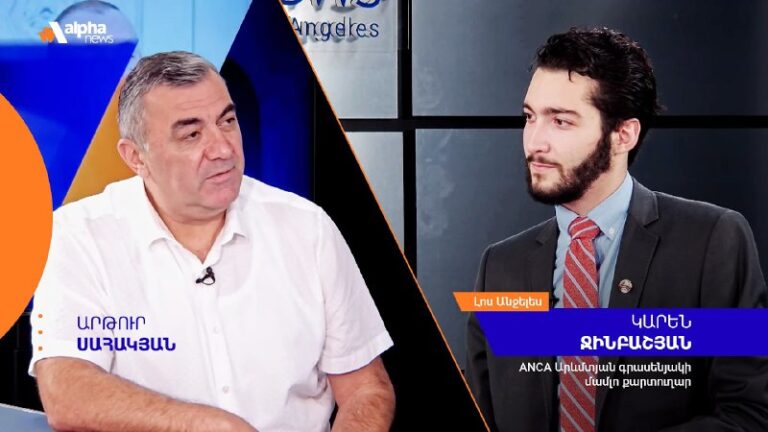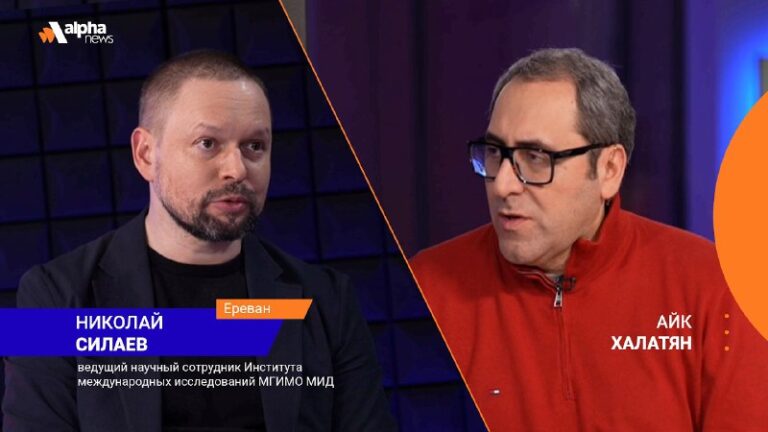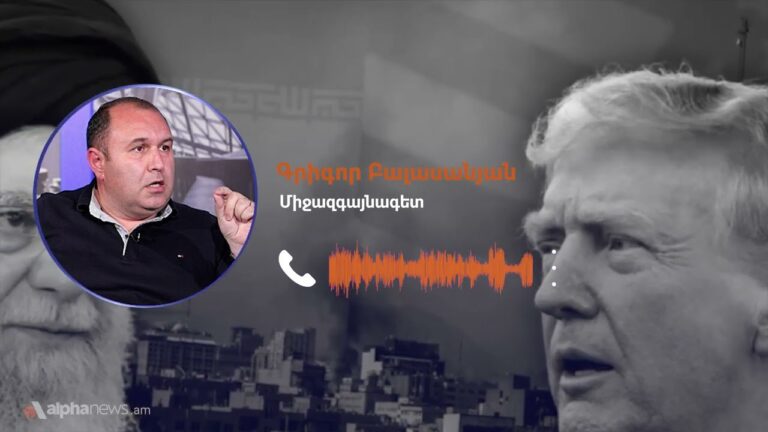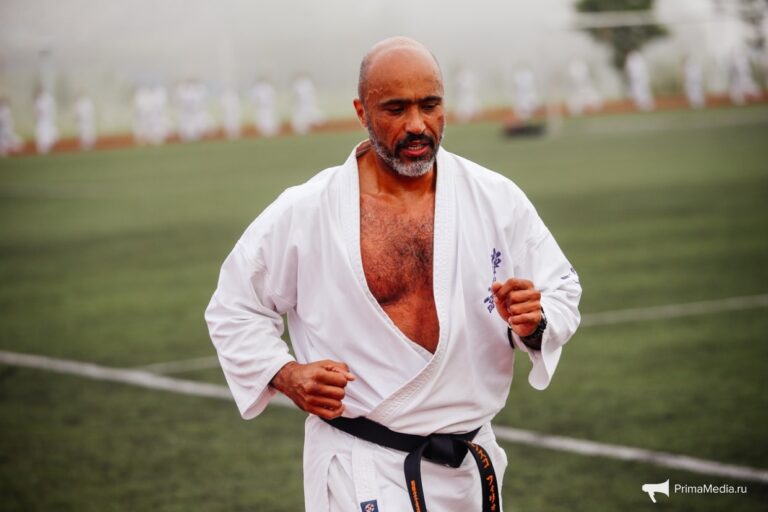Turkish-Western forces have been rejected in Armenian parliamentary elections
April 02 2025, 19:00
Parliamentary elections were held in Gyumri and Parakar on March 30, and their results are set to remain a central topic in political discourse for the foreseeable future. In Gyumri, Sarik Minasyan, the candidate from the ruling Civil Contract party, secured only 36.8% of the vote. Meanwhile, in Parakar, Volodya Grigoryan, the candidate from the Unity bloc, triumphed with 55% of the vote, defeating Ludwig Gulnazaryan from the Civil Contract party. Across these two communities, approximately 60% of the population rejected Nikol Pashinyan and his political force. Such election results inevitably carry geopolitical implications.
1. These were the first elections after the announcement of the “peace agreement” between Yerevan and Baku, but the citizens of Armenia rejected Pashinyan and his party anyway. This suggests that the agenda imposed on society is false—not because Armenians desire war, but because they doubt the ability of Civil Contract and Pashinyan to bring peace.
2. The specifics of Gyumri are the presence of the Russian 102nd military base in the city, the topic of which was raised during the election campaign. If their candidate, Sarik Minasyan, wins and Levon Barseghyan from the Eurokve initiative is elected to the City Council, the authorities would begin to work more actively to expel the base from the city. It is no coincidence that the same Barseghyan said that the base should be taxed. However, they lost.
3. Moreover, the election results brought to prominence a team that included political forces emphasizing the importance of the Russian military base for both the city and the country. One faction even gathered signatures supporting the establishment of free trade zones in Gyumri, backed by significant Russian investments.
This, in turn, proves that a significant part of the Armenian society is aware of the geopolitical balance of forces in the region. Their “mental map” corresponds to the geographical map that actually exists on earth. In other words, a significant part of society sees who the neighbor is and who has the capacity to assist.
The failure of the Eurokve initiative and the Civil Contract party should also be a lesson for the part of the opposition that seeks support for its political plans in the West. More than 60% of the population of Gyumri and Parakar reject this pro-Turkish vector disguised as a pro-Western one.
While some opposition members remain undecided, they love Armenia more and want to eliminate Pashinyan’s power or are ready to tolerate this power until it has a chance to take it on its own. Therefore, it is difficult to expect more rational approaches from these actors in other matters.
Think about it…







